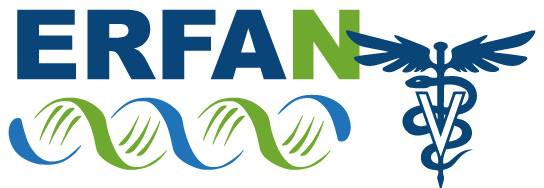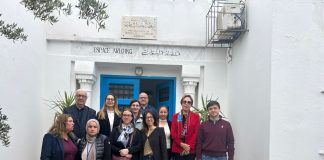
Establishing the ERFAN Network
Ten Veterinary Institutions from African countries (Algeria, Angola, Botswana, Morocco, Namibia, Tanzania, Tunisia, South Africa, Zambia and Zimbabwe), as historical partners of IZSAM, met in Teramo to share the results of scientific collaborations with the Institute and to define future research areas of common interest.
Molecular epidemiology, big data analysis, metagenomics, and massive genomic sequencing are just some of the operational and research areas that the IZSAM put into play in order to fulfil its institutional tasks with innovative investigative approaches capable of rewriting the biology of the state of health or disease. Researchers from research centres in various African countries, as partners of the IZSAM meet in Teramo for two intense days of work.
Twenty years of collaboration with African countries has always represented an opportunity for the IZSAM to improve and expand its scientific skills, also through field research in a context in which diseases that are not currently present in the country can be introduced, also through vectors such as insects. Knowledge of these diseases is a fundamental prerequisite for preventing them and avoiding their spread, both in humans and animals. Protecting public health in African countries also means protecting the health and economy of European countries, since the Mediterranean Basin is now to be considered as a single environment. At the same time, safeguarding animal health and welfare, as well as providing a source of noble proteins for the national market, is also a factor in economic growth, being a non-negotiable condition for the export of food of animal origin to foreign markets, including Europe.
With the support of the Directorate General for Animal Health and Veterinary Medicines of the Ministry of Health, IZSAM and the African partners created an international network, named ERFAN (Enhancing Research for Africa Network) aimed at stimulating scientific research in the fields of animal health and welfare, food safety and sustainable food production.




